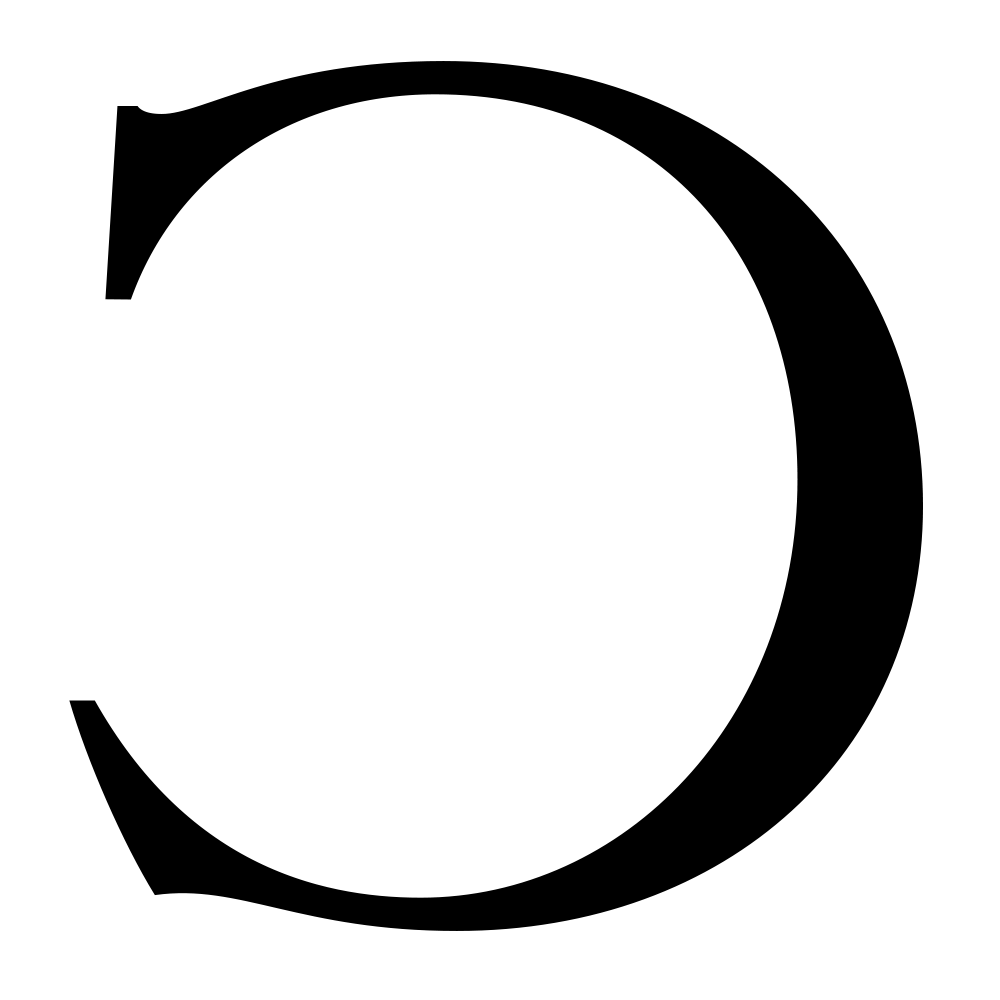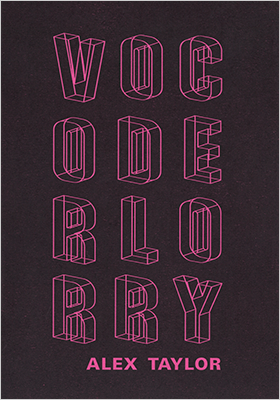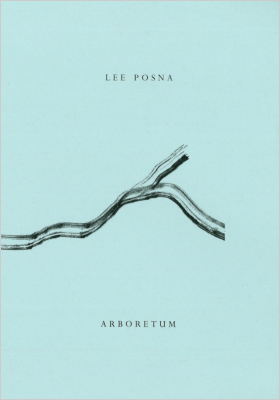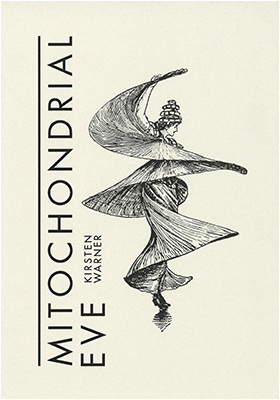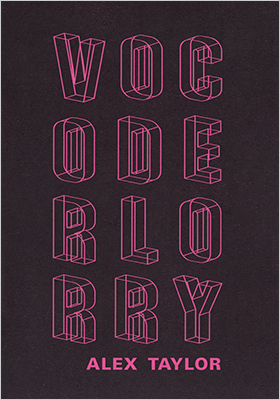Description
Chris Holdaway: The blurb for vocoder lorry best describes about half of the poems in the chapbook – promise I wasn’t trying to misrepresent you! Heh. What other techniques, facets of language, or poetic concerns drive your work here, or in general?
Alex Taylor: As you say, about half the poems (and quite a few other poems that didn’t make it into the chapbook) are doing a thing with homophonic translation, taking a word or phrase and turning it into other words or phrases that sound similar or have some sonic (phonetic?) connection to the original. An example might be ‘vocabulary’ that translates into ‘vogue apple wary’ and eventually ‘vocoder lorry’. There’s a simple, transparent process involved. And I think all the poems have some process or technique underpinning them. They’re all lists.
The other half don’t do the homophonic translation thing – i.e. taking one thing and turning it into lots of other things – the other half take one thing and see how many things that one thing can do. For example ‘trying it on’ and ‘outcome’ both investigate the permutations of the word ‘out’ in a sort of obsessive way. Or ‘fundamentals of pronoun searches’ takes that idea to an extreme place: I literally went through all the common pronouns in alphabetical order and typed them into google and google gave me the poem.
If I think about it musically, the first type of poem transforms the material, like a tone row (or a melodic motif) that gets retrograded and inverted and split into a hexachord, and the second type is like what Glinka does, he just repeats the same melody over and over again with different background textures and harmonies.
This collection has a pretty narrow focus, which is quite satisfying. Elsewhere my poetic concerns are pretty eclectic: I write lyrical poems, poems with narrative; recently I’ve been writing some prose poems and also became totally obsessed with doing erasures. Hera Lindsay Bird gave this brilliant erasures workshop while I was in Dunedin, and I did a whole series of National Geographic poems after that.
CH: I think you’re quite close to the work of Frank O’Hara, for example I know you have a poem called ‘frank o’hara at the octagon’. At first it might seem that the ostentatious simplicity of his conversational style has little in common with your poems here, which appear to be concerned primarily with language at the phonological or morphological levels, rather than the world’s happenings (I’m overgeneralising of course, but for argument’s sake…). But thinking about what people like to call his “I do this I do that” poems, you both work with kinds of pattern making, almost procedural generation by algorithm. I wondered if you have anything you’d like to say about your connection to O’Hara’s poetry/life, & if vocoder lorry does in fact have any of that influence. Or maybe there’s someone else you’d like to mention?
AT: At high school I was heavily into John Ashbery – his outrageous poetic gymnastics that I think it’s only natural to be impressed by. I wrote a big sprawling analysis of Daffy Duck in Hollywood for my seventh form year and I was writing a lot of bad poems in the style of Ashbery probably just to impress one or two friends. On one level it’s weird how Ashbery and O’Hara are linked, the language they use is so different, but they both share that observational, artificial quality – it’s personal but it’s not interior. And so through Ashbery I got into O’Hara; I like his collection Lunch Poems a lot. I’m looking at it now. I think at the same time I bought Ginsberg’s Howl, they’re both published by City Lights in those cute almost-square pocket-sized books, if you had really wide pockets. And probably around the same time I read Ferlinghetti’s Coney Island of the Mind – I’ve set quite a few of those to music.
I’ve written a couple of poems in homage to Frank O’Hara. Maybe he’s too easy to copy but it’s so much fun to just ‘do this and do that’ in a poem. ‘frank o’hara at the octagon’ was one of a series – there’s also ‘bob dylan says that poets don’t drive cars’ and ‘cormac mccarthy at harington point’ but the Frank O’Hara one is probably the best one because you can tell it’s him.
In terms of vocoder lorry I’m not really sure: maybe that’s for other people to say. I’d like to think it has some of the same lightness. But it probably owes just as much to Haryette Mullen or Tristan Tzara.
CH: For those who don’t know, you’re also one of New Zealand’s rising young composers, as well as a pretty slick multi-instrumentalist, so we probably shouldn’t find it surprising that you’d write poems with such musical attention to the timbre & rhythm of language. What are some of the connections you see between your practices in music & in poetry, whether in composition or performance? Does music serve as a basis for your writing? Or how about your thoughts about poetry or language influencing your music?
AT: I think like any creative person I like making things. Poetry and music are both ways to do that. They need very different materials and somewhat different toolkits but conceptually they’re probably as similar as two art forms can be, maybe with the exception of music and dance. As in music the temporal aspect of poetry is important: rhythm, phrasing, cadence, longer-form pacing. But also just how the sounds feel in your mouth. I don’t look think the words necessarily look very good on the page. They need to be performed, even if only in the mind’s ear. Maybe unlike dance, or the visual arts, the energy in a poem or a musical composition is latent: it only gets released in performance, once the score is realised.
